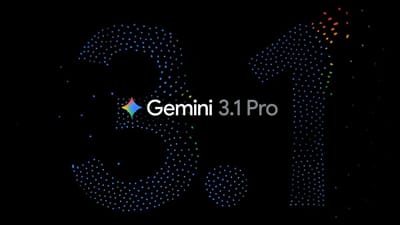
ByteDance’s Seedance 2.0 Triggers Hollywood Lawsuits Over AI‑Generated Video
Irish filmmaker Ruairi Robinson posted short clips created with ByteDance’s new video‑generation model Seedance 2.0, showcasing a digital replica of a famous actor in elaborate action scenes. The striking visuals have drawn cease‑and‑desist letters from major Hollywood studios and the Motion Picture Association, alleging copyright and likeness infringement. ByteDance says it will strengthen safeguards, yet the model remains unavailable to the public and continues to raise questions about the ethics of AI‑generated content. Critics label the technology as a polished form of “slop” – impressive yet fundamentally dependent on unlicensed source material.










